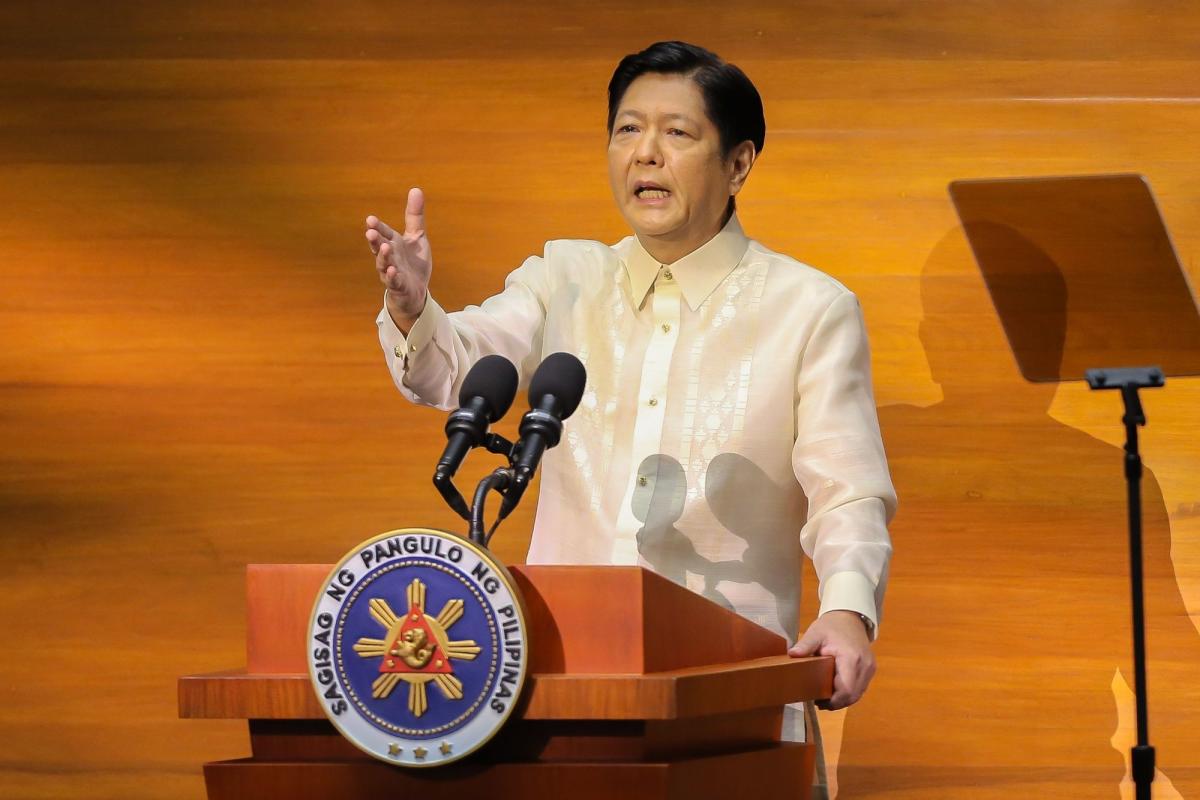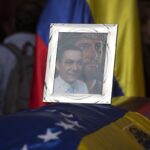
(Bloomberg) — Philippine President Ferdinand Marcos Jr. said he can’t envision his country not having the US as a partner, marking his strongest statements yet on the longstanding alliance undermined by his predecessor.
Most Read from Bloomberg
Marcos, who’s in New York for the UN General Assembly, said on Monday that he sees a “further strengthening” of political and economic ties with the US.
“It is very clear to me in my vision for the way that the country will move forward that I cannot see the Philippines in the future without having the United States as a partner,” Marcos said during an economic forum at the New York Stock Exchange, based on an official transcript sent to media. “When we are in crisis, we look to the United States.”
Marcos’s remarks are a marked contrast to his predecessor, Rodrigo Duterte, who went to China in the early days of his presidency and announced a “separation” from the US. Duterte also threatened to end a military deal with its former colonizer, although he ultimately chose to retain it as he thanked the US for Covid-19 vaccines.
The new Philippine administration has also been ramping up protests against Beijing over a territorial dispute in the South China Sea. However, in an early sign of balancing interests, Marcos called China the nation’s “strongest partner” in pandemic recovery after he won the elections in May, with his government open to talks with Beijing on oil exploration in the disputed area.
‘Vibrant Economy’
During his New York Stock Exchange speech, Marcos also touted the Philippines as a “vibrant economy” to woo American investors, adding that the Philippines needs more “capital-intensive investment” to attain at least 6.5% economic growth annually through 2028.
“Despite external headwinds, the Philippine economy’s resilience — reinforced by sound policies and decisive leadership — makes us confident about our future,” he said. The Philippines has kept its sovereign credit rating intact throughout the pandemic and is “gearing up for ‘A’ territory” ratings in the medium term.
A broad reopening from what was among the world’s strictest pandemic lockdowns supported the recovery while challenged by rising costs of living. A surge in global commodity prices fanned inflation in a nation that imports goods from oil to wheat, aggravated by the peso’s slump to a record low this month. The central bank, which has raised the policy rate by 175 basis points so far this year, is expected to hike again on Thursday.
“In the near-term, our top priorities are protecting the purchasing power of families by managing inflation, reducing the scarring effects of the pandemic, and ensuring sound macroeconomic fundamentals,” Marcos said.
Most Read from Bloomberg Businessweek
©2022 Bloomberg L.P.




